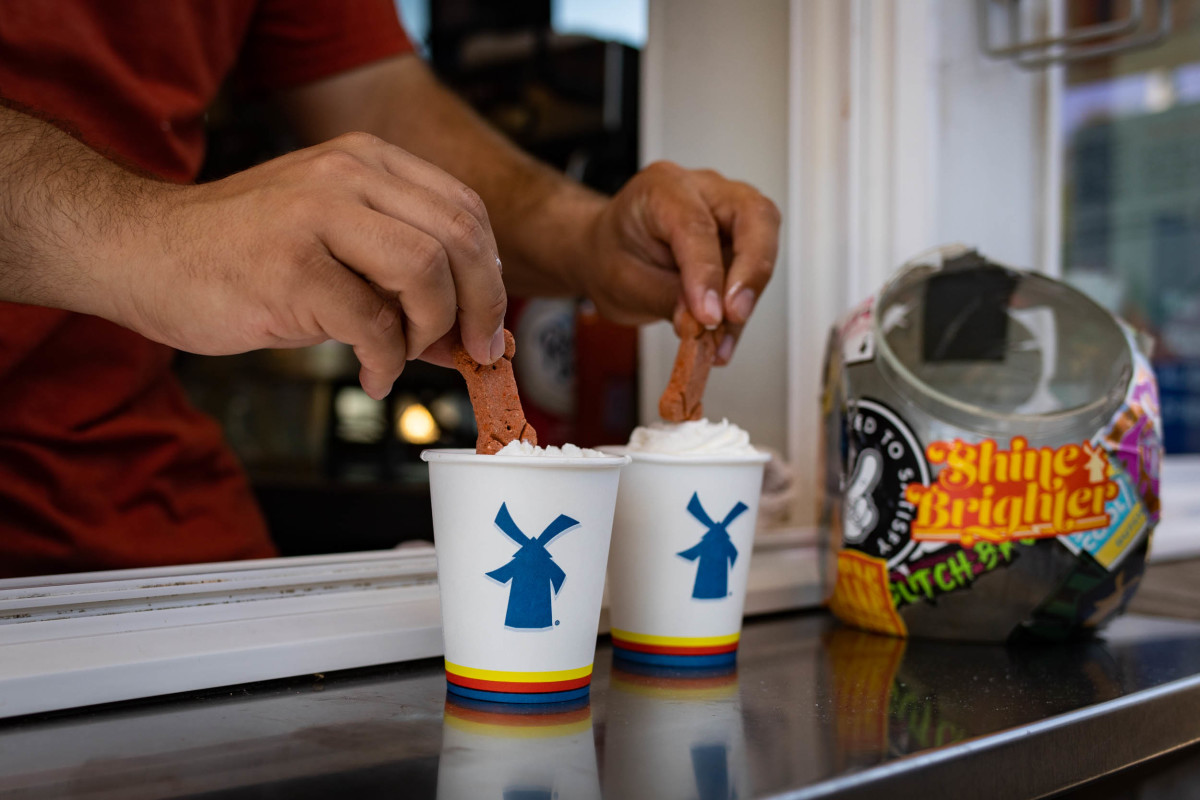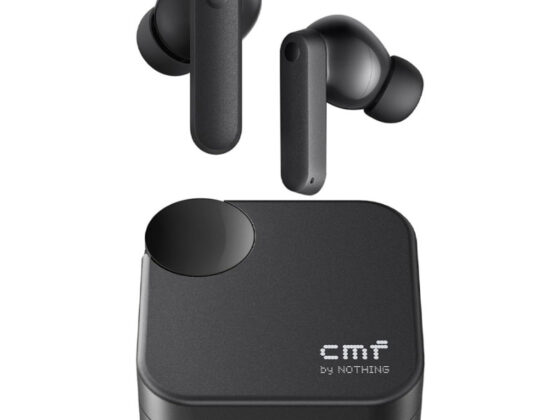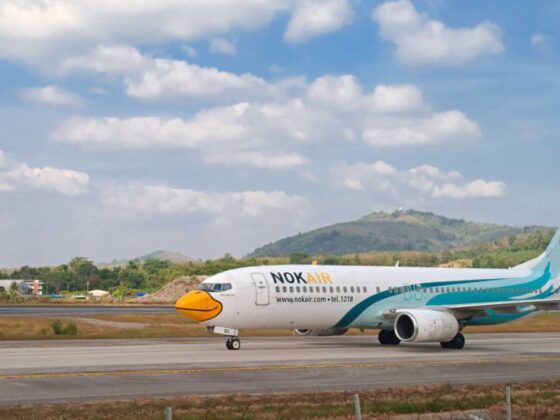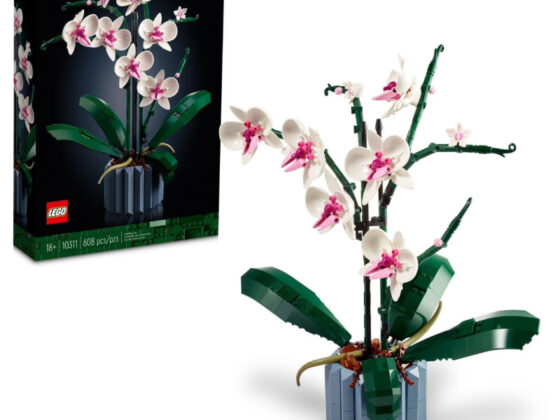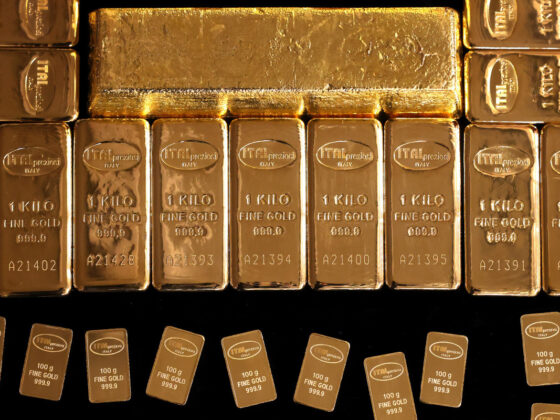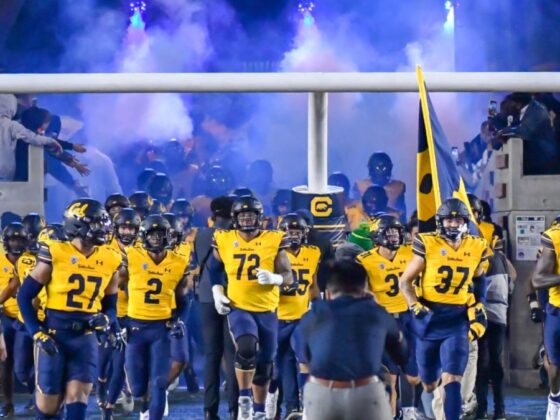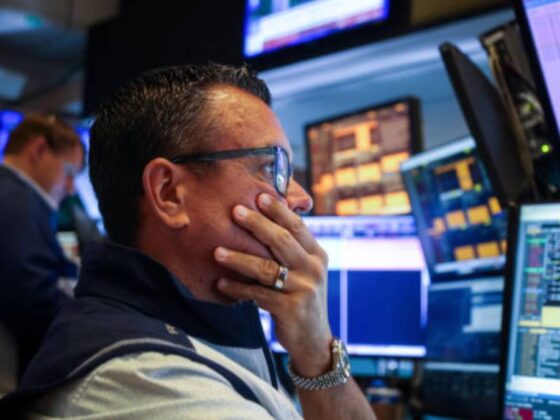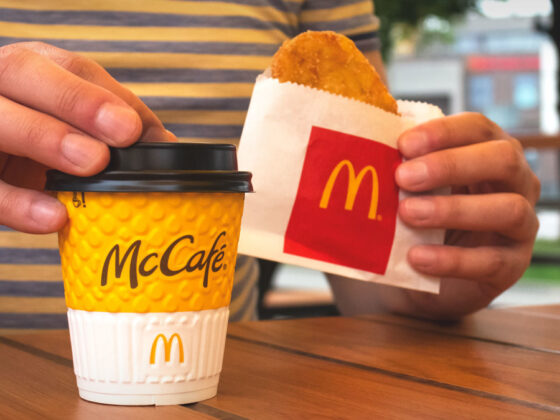Dutch Bros, a fast-growing Starbucks rival, is disrupting the specialty coffee market with a major expansion plan to directly challenge Starbucks' dominance in key markets like California and Texas.
Like Starbucks, Dutch Bros' roots stretch back to the Pacific Northwest, where it operated as a coffee pushcart in Oregon in 1992. Dane and Travis Boersma founded the company with money Dane had set aside from operating a Dairy Queen after Travis suggested selling espresso in Grants Pass.
💵💰Don't miss the move: Subscribe to TheStreet's free daily newsletter💰💵
Today, the company looks a lot different.
Dutch Bros sells specialty coffee drinks at over 1,000 stores, mainly in the Western US, and plans to open another 1,000 directly or via franchises by 2029.
Unlike Starbucks, Dutch Bros focuses on speed and drive-throughs, rather than an in-store cafe experience. Still, most Starbucks offer drive-through service, and Dutch Bros' expansion plan sets the stage for a fierce battle over on-the-go market share in the coming years.
Dutch Bros has a growing presence in key Starbucks territory
Dunkin remains concentrated mainly in the Northeast, and while Starbucks' reach is nationwide, Dutch Bros' (BROS) footprint overlaps with Starbucks in major markets, including California and Texas, where Starbucks and Dutch Bros operate the largest number of stores, often near each other.
Dutch Bros' top five states by number of locations, according to ScrapeHero:
- Texas: 223
- California: 203
- Oregon: 157
- Arizona: 89
- Washington: 72
Starbucks' top five states by number of locations:
- California: 3,186
- Texas: 1,473
- Florida: 940
- New York: 760
- Washington: 712
Dutch Bros demand sparks envy-inspiring sales growth
Dutch Bros edge is offering coffee lovers a relatively fast and easy way to get their fix.
It still serves up espresso, but its specialty drink line-up has expanded in recent years to include flavor mashups and refreshers, similar to offerings at Starbucks and other rivals.
Related: Starbucks' problems may be too big to fix
For example, Dutch Bros' most popular drinks include the Golden Eagle with espresso, vanilla, caramel, and a caramel drizzle, and its Rebel Energy drink lineup, including Double Rainbro and Shark Attack. It also sells milkshakes, smoothies, and other drinks.
Those beverages are resonating with customers, given the company's revenue and same-store sales growth.
Dutch Bros' second-quarter earnings revealed revenue grew 28% year over year to $415.8 million, with company-owned locations accounting for $380.5 million, up 29%.
“Our business continues to fire on all cylinders, guided by a focused strategy, strong execution, and our amazing people,” said Dutch Bros CEO Christine Barone.
Across all locations, same-shop sales rose 6.1%, and this wasn't just due to price increases or inflation.
Same shop transactions at Dutch Bros company-operated stores increased 5.9% from last year and 3.7% overall.
Management says transaction growth is tied to efforts to increase drink innovation, including its Dulce de leche, sour Berry, and Matcha beverages.
It's also ramped up advertising focusing attention on its Dutch Rewards program, which represented 72% of system transactions, up 5% from last year.
More Retail Stocks:
- Troubled retailer files Chapter 11 bankruptcy, liquidates stores
- Wayfair struggles to reverse concerning customer behavior
- Walmart introduces mobile new store format for younger customers
As for new locations, Dutch Bros opened 31 new stores in the quarter, 30 of which it owns directly, in 13 states.
The coffee business remains nicely profit-friendly, too. Dutch Bros. All those specialty drinks sold resulted in a net income of $38.4 million, up from $22.2 million last year, and adjusted earnings per share, or EPS, grew 37% to 26 cents from 19 cents one year ago.
Dutch Bros' secret weapon: Broistas
Dutch Bros drinks are flying out of the drive-through, but the company is content to leave the in-store business largely to Starbucks.
Instead, its secret weapon in growing sales rests largely on establishing a vibe with millennials and Gen Z customers with sweeter drinks, in an environment that can be considered a bit more hip, as evidenced by their baristas being called broistas.
Related: Forget coffee: Dutch Bros. new menu aims to take on Starbucks
Dutch Bros' broistas' aim for a fun, high-energy atmosphere driven by the pushcart, know your customer, style of customer service.
“Since 1992, we have been trailblazing a category-defining people-first culture within the drive-through beverage industry,” said Barrone. “When combined with our relentless focus on speed, quality and service, our people-first culture is not only our differentiator, but it is our most powerful competitive advantage.”
This year, Dutch Bros plans to open 160 stores, targeting 4.5% same-store revenue growth, resulting in revenue of $1.59 billion to $1.6 billion.
Further out, it's also testing food, leaning into solid order-ahead sales, and planning to launch consumer packaged goods (CPG) in 2026 to bring Dutch Bros to grocery and convenience stores like Starbucks and Dunkin.
To be sure, Starbucks is much larger and deeply embedded, with many loyal fans. However, it has struggled in recent years. Workers have increasingly attempted to unionize over pay and increased workloads, and some customers have balked at the quality of their food and the speed of their service.
That may mean that Dutch Bros has an opportunity to chip away at Starbucks' market share, a very large opportunity given that Starbucks' 41,000 stores worldwide brought in over $9.4 billion in revenue last quarter.
“Dutch Bros is in growth mode, and we are just getting started with a long-term addressable market of 7,000 shops nationwide,” said Barrone.
Investors appear to agree. Dutch Bros' stock price surged after the earnings release, jumping 22% on August 7.
Related: Forget Amazon, this online retailer is growing even faster

